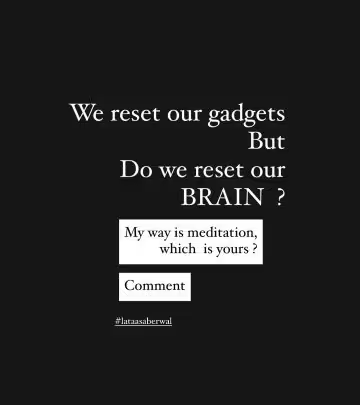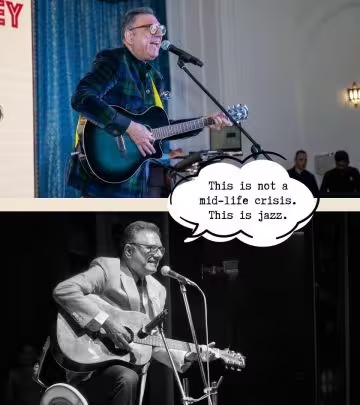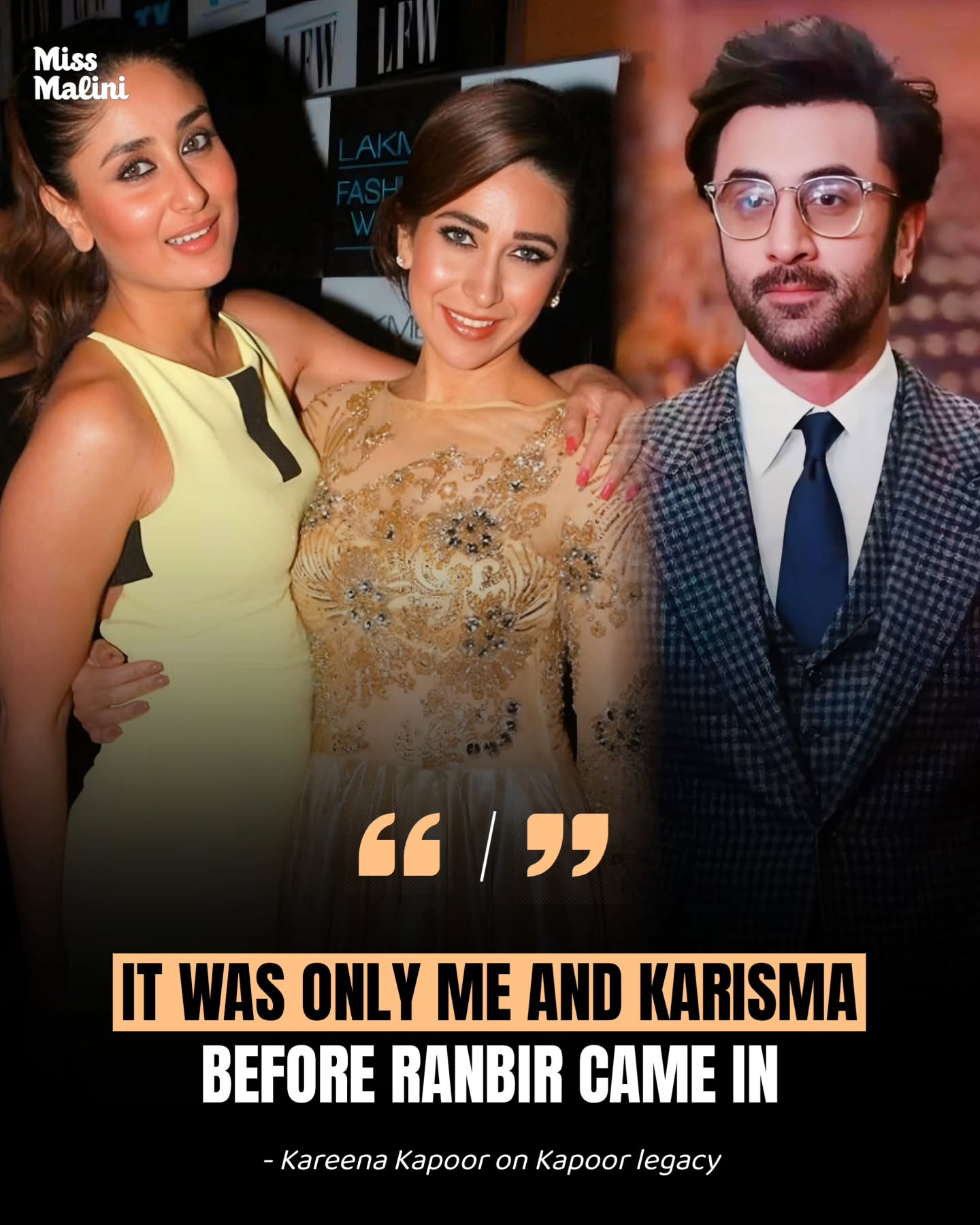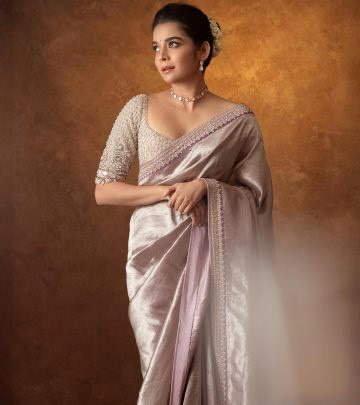Denmark Extends Face Covering Ban In Schools
Mette Frederiksen backs tighter bans as integration debates stir in education sphere now!!
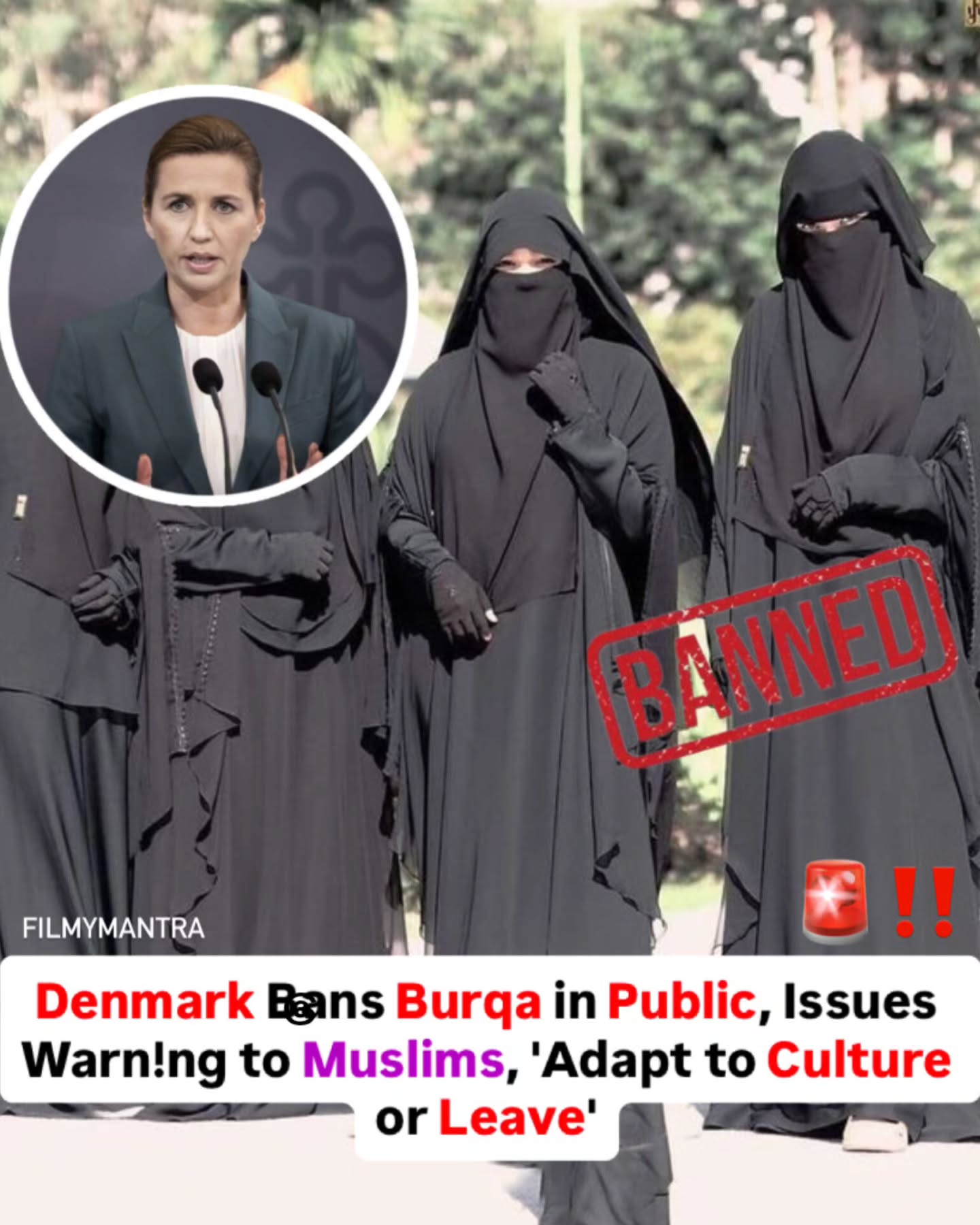
Image: Instagram
Denmark’s government has taken another bold step in its longstanding policy on religious face coverings. Following the 2018 ban on the burqa and niqab in public spaces, the authorities are now proposing to extend this ban to schools and universities. The decision, announced by Prime Minister Mette Frederiksen, is grounded in her assertion that “democracy takes precedence.” This means that any form of religious expression that is perceived to clash with Danish cultural values is not welcome in educational institutions.
New Ban Details Revealed
The proposed extension of the ban includes all educational institutions, marking a significant shift in how Denmark is addressing cultural integration. In a pointed message, Mette Frederiksen stated that the preservation of democratic norms and secular values in learning environments is paramount. She warned that those immigrants who find it difficult to adjust to Denmark’s cultural norms might have to consider other options. This declaration has undoubtedly intensified debates both domestically and on the international stage.
At the core of the new policy is an effort to create a uniform cultural atmosphere within schools and universities. Critics argue that the move specifically targets Muslim women by prohibiting the visible display of their religious identity. On the other hand, supporters maintain that the policy is about safeguarding democratic practices and ensuring gender equality by keeping educational spaces free of what they deem to be potentially divisive religious symbols.
Government’s Stance On Integration
Prime Minister Frederiksen’s remarks were delivered with a clear message: while Denmark welcomes diversity, it insists on a compatibility between cultural practices and core democratic values. Her stance is that the educational environment should be a place where secular values prevail, ensuring that all students can participate on equal footing without the influence of overt religious expressions that might disrupt the learning process.
In her comments, Frederiksen emphasized that the policy is not meant to single out any particular group but rather to uphold what she described as the fundamental values of Danish society. Critics, however, see the extension as a discriminatory measure aimed specifically at Muslim women. Human rights organizations have expressed concerns that such a policy might lead to increased social marginalization. They cite instances where similar restrictions in other parts of Europe have led to feelings of alienation among the Muslim community.
International Reaction And Debate
The move has ignited a firestorm of debate across various international platforms. Human rights groups have decried the policy as discriminatory and counterproductive, warning that it could further isolate minority communities. They argue that forcing immigrants to conform strictly to Danish cultural norms undermines the very principles of diversity and inclusion that modern democracies purport to uphold.
Supporters of the measure, however, argue that the policy is a necessary step in the ongoing effort to foster a sense of national unity and to promote a well-integrated society. They believe that allowing what they term as overtly religious symbols in public education can hinder efforts to achieve social cohesion. This perspective is reflected in the narrative presented by the government, which frames the policy as one of integration rather than exclusion.
Balancing Democracy And Cultural Identity
The debate surrounding this policy is a microcosm of a broader European struggle to balance religious freedom with the need for integration amidst rising social tensions. In Denmark, where secularism is a deeply embedded value, the notion that religious expressions could disrupt the democratic fabric of society is taken very seriously. The government’s decision underscores a belief that national values must take precedence over individual expressions if the cohesion of the society is to be maintained.
Despite the polarizing responses, the Danish government appears determined to move forward. The new policy is likely to face a series of legal and social challenges before it can be fully implemented. Critics will undoubtedly scrutinize the law’s application, especially focusing on how it affects Muslim women and other minority groups. Meanwhile, the government remains steadfast, insisting that the long-term benefits of integration and a unified educational system outweigh the immediate controversies.
While this policy extension continues to fuel heated discussions both in Denmark and abroad, it also reflects a broader trend among some European nations in reasserting secular traditions in the face of multicultural challenges. The coming weeks and months will reveal how this policy is received on the ground. As debates rage on, educators, policymakers, and minority communities alike will be closely watching the implementation of the ban. The outcome of this policy could well set a precedent, influencing integration debates and legislative approaches in other countries.
Ultimately, Denmark’s decision to extend the ban on religious face coverings in schools and universities is more than just a policy update—it is a reaffirmation of the government’s commitment to maintaining a secular, culturally unified public sphere. The discussion surrounding this move is expected to evolve as stakeholders from all sides contribute their perspectives in an ongoing dialogue about identity, inclusion, and democratic values.
Read full bio of Cynthia Jean Daniel







